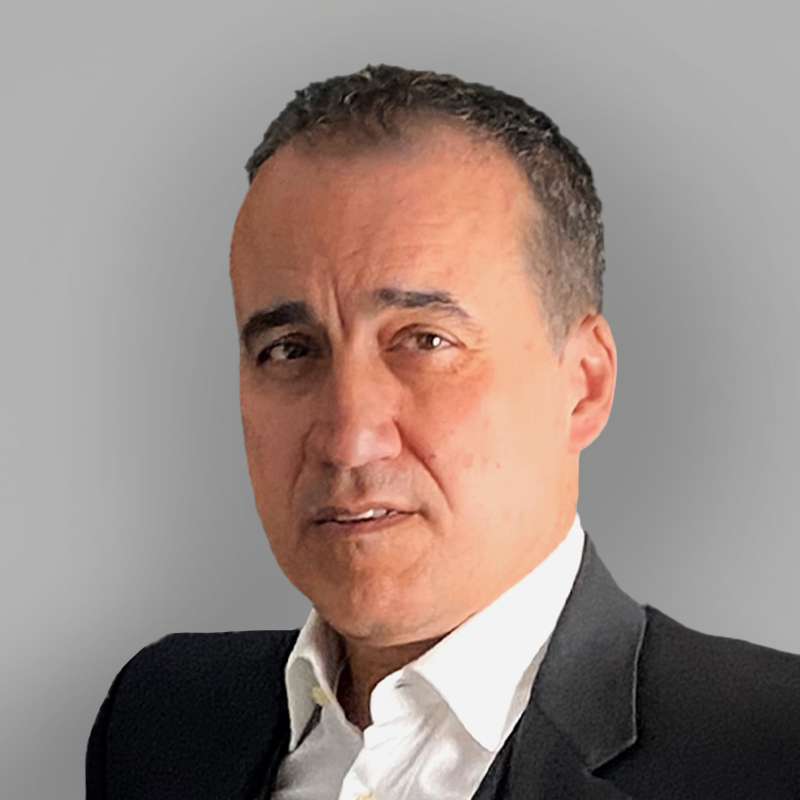Outsourcing And Other Wealth Firms’ Challenges
02 September 2022 – WealthBriefing talked to Dr. Alexander Cassar about Objectway’s views on outsourcing, the requirements and the benefits of change.
While some banks continue to handle most technology tasks in-house, it appears that the trend to outsource many of them is as strong as ever.
In a tough economic environment as now, pressure on margins remains intense, while regulatory and client expectations show few signs of abating. And that trend favours outsourcing.
Firms such as Europeʼs Objectway, which operate with a number of banks and wealth managers, arenʼt slowing down.
In March, Rathbone Brothers, the UK-listed discretionary wealth manager, employed Objectway as a strategic partner. Last August, Objectway – founded in 1990 – bought Die Software Peter Fitzon, a German provider of core banking solutions. Italian financial firms account for about half of Objectwayʼs total revenues and the rest are in other parts of Europe, and some in other regions of the world.
A lot of organisations are looking at putting tech into the cloud, working with the likes of AWS, Azure, and others. Concerns about cybersecurity are misplaced, based more on perception than reality. Studies show that cloud-based IT is safer than on-premise systems, he said.
In or outside
Not all firms are ready to go down the outsourcing path. Earlier this year, WealthBriefing interviewed Lombard Odier; the Geneva-based bank said that farming out functions, be they front, middle or back office, may be tempting if this saves in-house development spending, but the long-term effects of outsourcing arenʼt always fully appreciated. In Lombard Odierʼs case, its G2 platform – or now GX – is an important revenue driver, serving third-party clients such as external asset managers.
Handling a legacy
As far as Objectwayʼs Cassar is concerned, a challenge for the industry is how to handle an accumulation of legacy systems. Legacy systems that have been around for a while are a risk for firms. “That risk is going to get bigger, not smaller. I think a way forward is a hybrid one, creating partnerships, and this requires a mind-shift from both sides,” he said. “More and more wealth managers are opening up to that approach.” Objectway adopts a modular approach to delivering its services; it does so via the cloud, via private clouds or through hybrid delivery channels. Clients have very different requirements…some go for a few modules and others go for a “full-stack suite.” “We believe in the composability of solutions,” Cassar said. In Europe, the issues are well understood and Objectway is receiving lots of requests for proposals (RFPs), he said. “This year, we had €100 million ($100.10 million) in turnover and thatʼs a lot for a privately owned firm. Of course, we are not going to be satisfied with that.”
A seat at the top table
One of the benefits of Objectway is that it gives the kind of tech prowess available to the largest players, hence allows different sized firms to compete, Cassar said. “We compose our offerings to the architecture of the client. You have to be able to bring a client on board in a flexible way.” Cassar predicts that the wealth management sector is becoming more democratised. “It is not enough to think just in terms of high net worth and ultra-high net worth individuals. In the B2B space, smaller players are getting to use the same tech as the larger players and at profitable prices,” he said. For example, 70 per cent of the wealth sector is held by hundreds of small IFAs, not the big-label banks.
Cases
Cassar gives some case studies to illustrate how Objectway works. One example was that of an independent wealth manager, providing execution only, advisory and discretionary services, and assets under management of less than £2.5 billion ($2.92 billion), and 10 to 12 investment managers serving 8,000 to 10,000 clients. The client needed to respond to two challenges: Digitise existing manual processes and retain clients as money moved to the next generation. Cassar said Objectway boosted the firmʼs client/investment manager ratio by 30 per cent; cut its production time, costs and workload, and increased its conversion rates to fee-based services.
In the second example of a firm with more than £20 billion ($23.16 billion) of A uM, 250-plus advisors and more than 30,000 clients, Objectway helped clients increase client acquisition by 25 per cent in terms of AuM; increase digital penetration by 30 to 50 per cent; increase advisor capacity by 25 per cent, and boost a net promotor score by +45 to +51.

